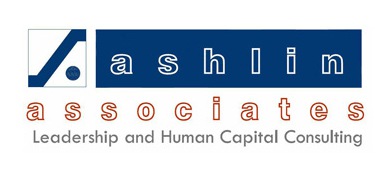Positive accountability.
That may sound like an oxymoron, given the experience that most of us have had with accountability. Whether in the workplace or not, no one enjoys being called on the carpet and blamed. That’s negative accountability, the type that unfortunately is all too common. Accountability is not inevitably negative and indeed can and should be positive. When leaders use the tools of positive accountability, they empower their employees and their teams, and they build their effectiveness as leaders.
When some business consultants analyze a company and its leaders to assess how to improve operational procedures and team management, the usual method is to focus on what’s wrong. It’s almost always easy to spot problems, because nothing is ever perfect — not in business or in our professional and personal lives. The negative side of life is all around us.
The problem with the traditional way of trying to improve a business through the sole identification of what’s wrong is that it reinforces negativity among members of the team. It is better to also focus on the positive instead of the negative, both in business leadership and in life in general. If an individual is encouraged to improve through reinforcement of what they’re doing right, then the outcomes in terms of their morale and engagement are more likely to be positive. They and their team will perform at higher levels of productivity, and the company will deliver better-quality services and products. As a business leader, your effectiveness will be greatly enhanced as well, and that should provide a great incentive to learn more about the positive approach to accountability.
5 Actions of Positive Accountability
Accountability can and should be a positive experience! This book shows you how. 5 Actions of Positive Accountability will help transform you and your culture to set fair expectations, minimize unsatisfactory performance, and deal constructively with consequences.
Leading: The Way – Behaviors that Drive Success
Outlines the importance of responding to, changing, and improving your behavior to become the best leader you can be.
Find out more at:
www.ashlinassociates.com
www.ashlinassociates.com


